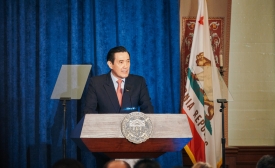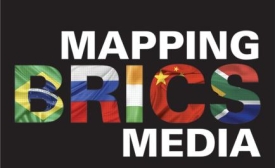global communications

CPD Blogger Gary D. Rawnsley looks at Taiwan's international communications strategy.
Language learning was once considered nothing more than a hobby, but as the world continues to become increasingly connected, learning a language other than English is considered a necessity. Advancing technologies have afforded us the ability to communicate no matter where we are in the world, amplifying the importance of foreign language study. The great thing about languages is that, other than being a form of communication, they also serve as a means of relating to others on a cultural level.
But the “good old days” are long gone, and the volume and frequency of communication between a diplomat and her capital are the tip of the iceberg of the information revolution. Three fundamental changes to the nature of diplomacy stand out above the rest. The first and most important change is a shift in balance from government-to-government diplomacy to people-to-people diplomacy.
Professor Taylor Owen, author of Disruptive Power: The Crisis of the State in the Digital Age, discusses the changing role of digital technologies in world affairs.

Global communications scholars Kaarle Nordenstreng and Daya Kishan Thussu have published a new book Mapping BRICS Media, a comprehensive anthology that analyzes the impact of of BRICS media on the 21st century global media and communications landscape.







